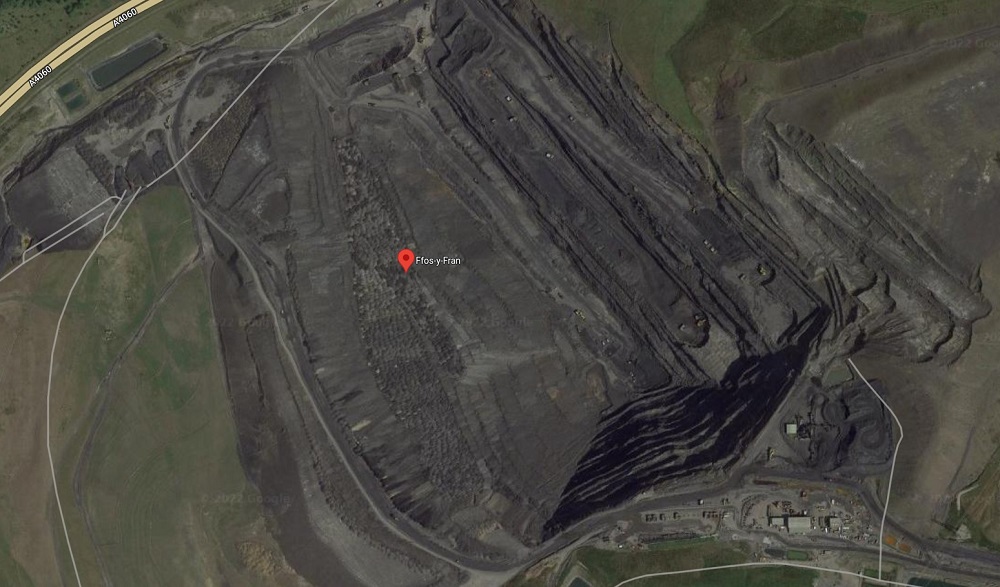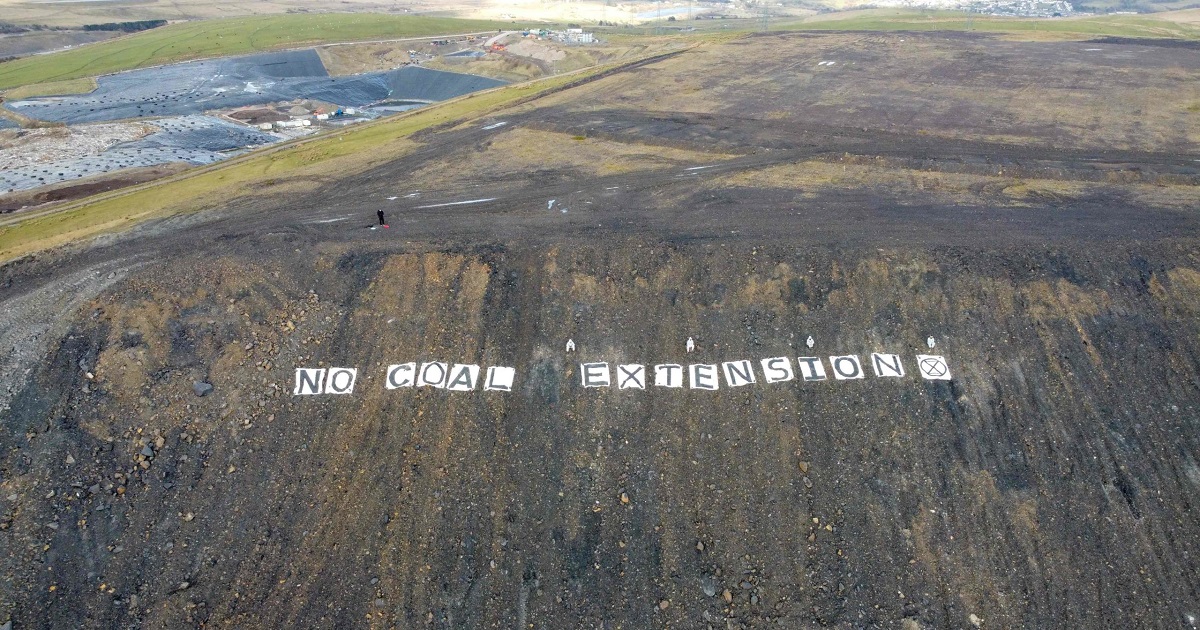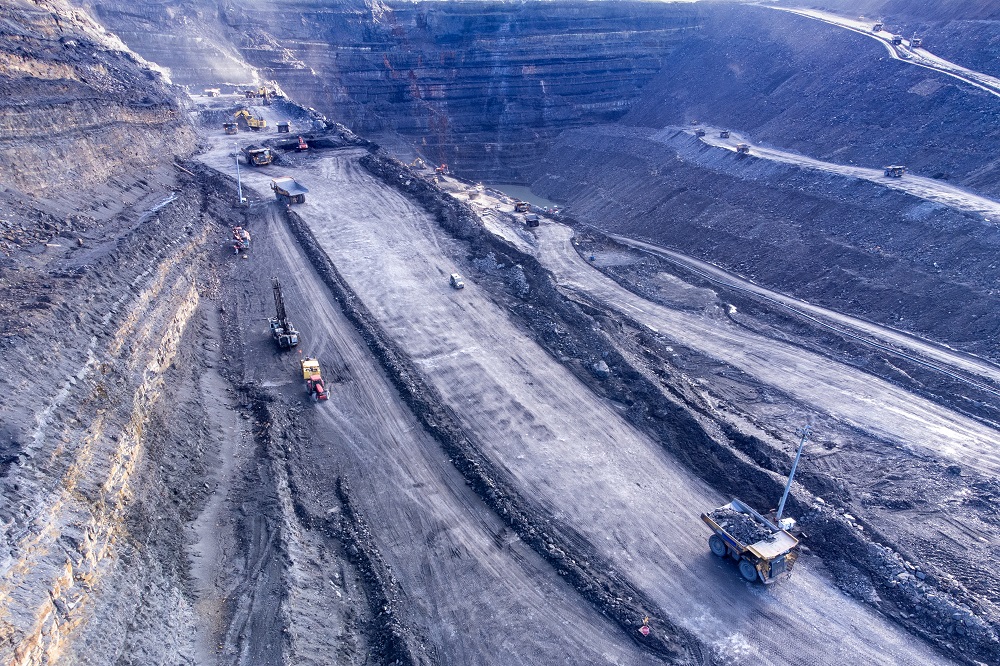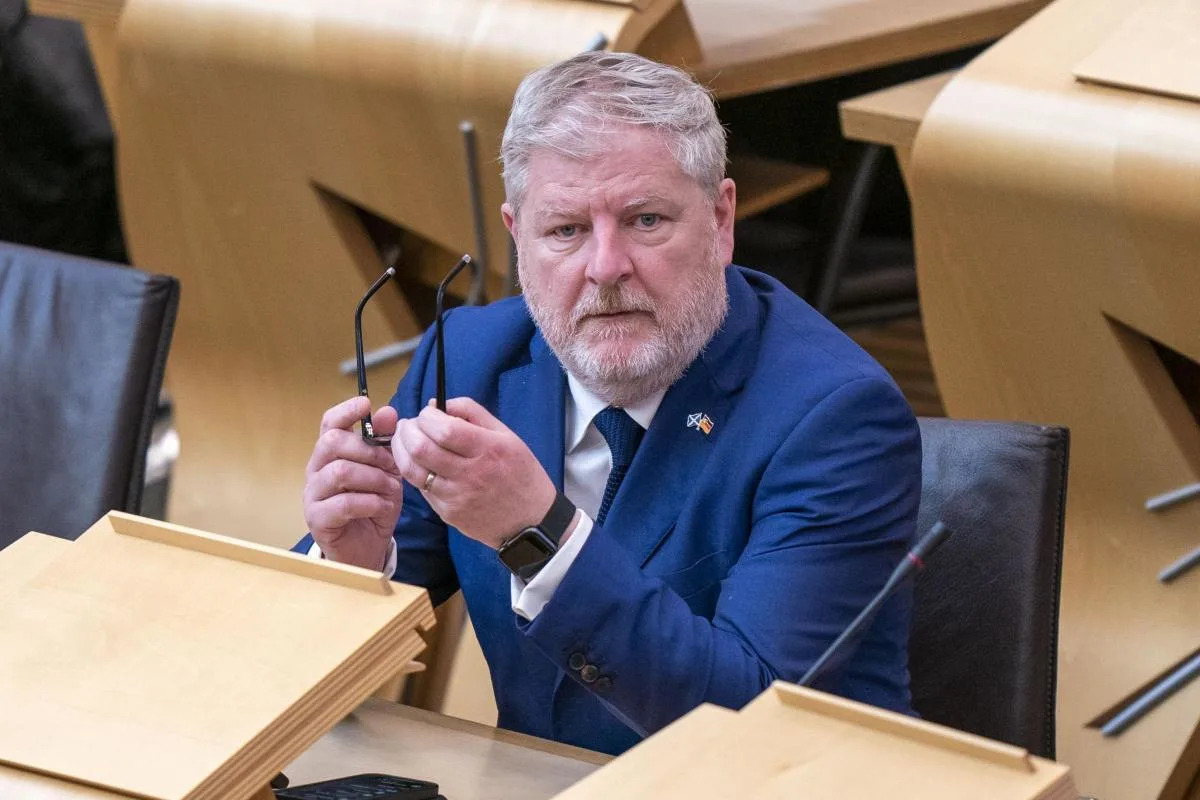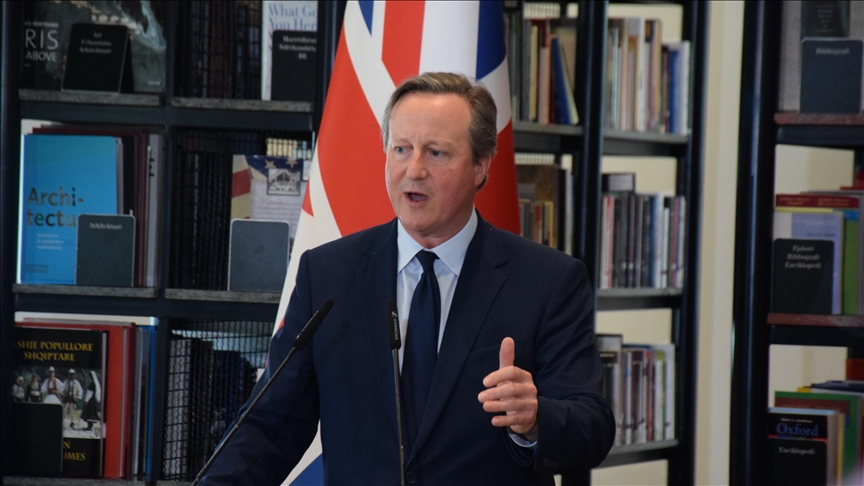London Defence Conference: Defence and security will be priorities, say Labour
Labour shadow ministers have said they remain committed to defence and security and there will be “no change in support for Ukraine” if they are elected to government.
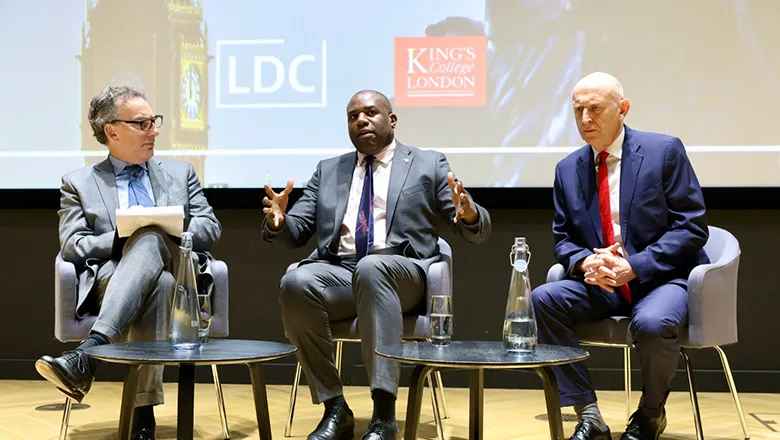
The Rt Hon John Healey, Shadow Defence Secretary and the Rt Hon David Lammy, Shadow Secretary of State for Foreign, Commonwealth and Development Affairs, addressed the London Defence Conference at King’s College London.
Mr Healey said: “There will be a general election in Britain. There may be a change of government in Britain. But there will be no change in Britain’s resolve to stand with Ukraine, to confront Russian aggression or to pursue Putin for his war crimes.”
He added: “We have not done enough to make clear defence of the UK starts in Ukraine.”
Mr Healey spoke of a recent visit to Ukraine he conducted with Shadow Foreign Secretary David Lammy MP, and the importance of that cross department collaborating and recognising that the war in Ukraine is not just a military issue but affects diplomacy, trade and industry.
“[The public] are not raising security and foreign affairs [as an issue]. They’re raising the cost of living, they’re raising the cost of the NHS, they’re raising crime in their neighborhoods.
Rt Hon Mr David Lammy, Shadow Secretary of State for Foreign, Commonwealth and Development Affairs
He added: “They do understand however that the cost of living, particularly, is driven by foreign policy and world events.
"A foreign office under [Labour] has to be centred on growth and economic security.”
Earlier at the conference, Mr Grant Shapps, Secretary of State for Defence, spoke about the need for countries to increase defence to 2.5 percent. Mr Healey said that despite announcing the raise in 2022, the Government has not included or costed that figure in any of their budgets or spending statements released since Russia invaded Ukraine.
Mr Healey said: “People judge governments on what they do, not just what they say. [...] The last time this country spent 2.5% of GDP on defence was in 2010 with Labour, no one has matched that since.”
The panel was hosted by Mark Urban, Diplomatic Editor of BBC Newsnight at the second day of the London Defence Conference, hosted at King's.
22 May 2024
Day 2: The London Defence Conference 2024: Deterrence, collaboration and resilience
Security experts, political leaders, academics and commentators came together today to explore the role of deterrence and how to strengthen defence and security in an increasingly dangerous world.

Hosted by King's College London, the conference discussed what we can learn from history, nuclear deterrence, national resilience and the role of conventional forces.
In a keynote address Rt Hon Grant Shapps, MP, the UK Secretary of State for Defence, warned that “lethal aid” is flowing from China to Russia and into Ukraine.
Today I can reveal that we have evidence that Russia and China are collaborating on combat equipment for use in Ukraine. As we saw from the Putin state visit to Beijing and the 64% growth in trade between Russia and China since the full scale in invasion, they’re covering each other’s backs.
Rt Hon Grant Shapps, Secretary of State for Defence
He added: "I think it is a significant development and we should be concerned about that because in the earlier days of this war China would present itself as acting as a moderating influence on Putin.”
Mr Shapps reaffirmed the Government’s plan to increase defence spending from 2 to 2.5% of GDP and took aim at countries who aren’t committing as much to defence
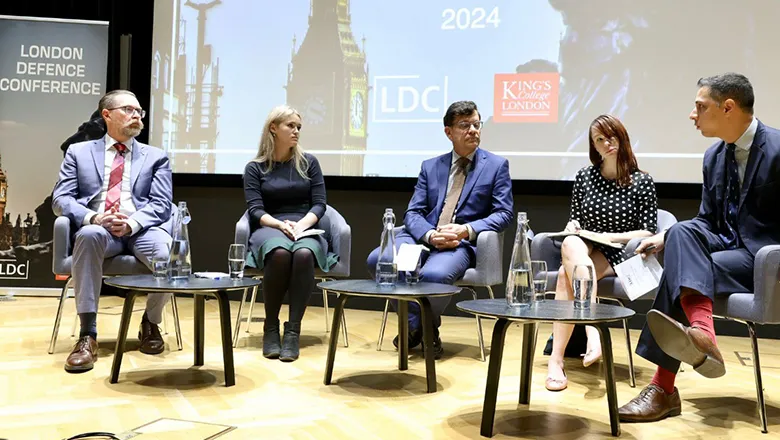
The conference also heard from the Rt Hon John Healey, Shadow Secretary of State for Defence, and the Rt Hon David Lammy, Shadow Secretary of State for Foreign, Commonwealth and Development Affairs, who said Labour remains committed to defence and security and there will be “no change in support for Ukraine” if they are elected to government.
There will be a General Election in Britain. There may be a change of government in Britain. But there will be no change in Britain’s resolve to stand with Ukraine, to confront Russian aggression or to pursue Putin for his war crimes.
John Healey, Shadow Defence Secretary

Deputy Prime Minister, the Rt Hon Oliver Dowden told the conference that a new series of measures will prepare the nation for crises such as a cyber attacks, solar flares, power outages and another pandemic.
“We are working ahead of time to equip the whole of society to prepare for and even prevent the next shock while delivering a clear and robust plan that is so vital to our national defences. The new measures I have set out today give us yet more tools in our armoury.
Oliver Dowden, Deputy Prime Minister
As well as encouraging households to ensure they have non-perishable foods, bottles of water and torches in case of an emergency, the Prime Minister announced a new website, training for MPs and a new programme to model what would happen in another pandemic to make the UK more resilient.

In his opening remarks, King’s Vice-Chancellor and Principal, Professor Shitij Kapur, said King’s is home to one of the largest group of scholars dedicated to security and war studies.
He praised the 'Future Leaders' first day of the conference, held on 21 May, which brought together students and young professionals and he highlighted that King’s was founded almost 200 years ago by the then Prime Minister the Duke of Wellington.
I think he would be very proud to know 200 years on the institution that he founded still has a central role in matters of security.
Professor Shitij Kapur, Vice-Chancellor and President, King's College London
Professor Sir Lawrence Freedman, Professor Niall Ferguson and Professor Margaret Macmillan explored what we can learn from history about the art of deterrence and also whether Russia’s invasion of Ukraine showed a failure of deterrence.
In a panel on ‘Threats and Who needs Deterring’, Dr Jade McGlynn of the Department of War Studies, said there needs to be greater focus on what is at stake should Russia achieve some sort of victory in Ukraine and how if this were to happen, the costs to the British people would be enormous.
On the role of nuclear weapons as a deterrent in light of the Ukraine war, Professor Sir David Omand, a visiting professor in the Department of War Studies, said: "It is vital that Putin continues to believe that an armed attack on a member of NATO would set in train events he can’t control."
In a discussion on conventional deterrence, Air Chief Marshall Lord Peach, Brigadier General David Doss, Lt General Andrew Harrison and Jack Watling were asked about the upcoming General Election. They said it was essential for defence to remain a priority and for alignment across government on spending.
The annual London Defence Conference, hosted at Bush House by King’s School of Security Studies, continues tomorrow.
